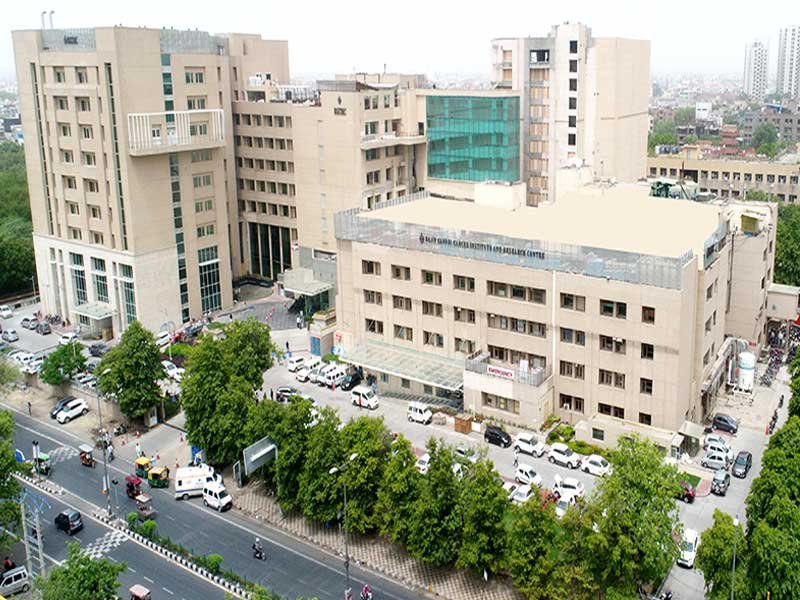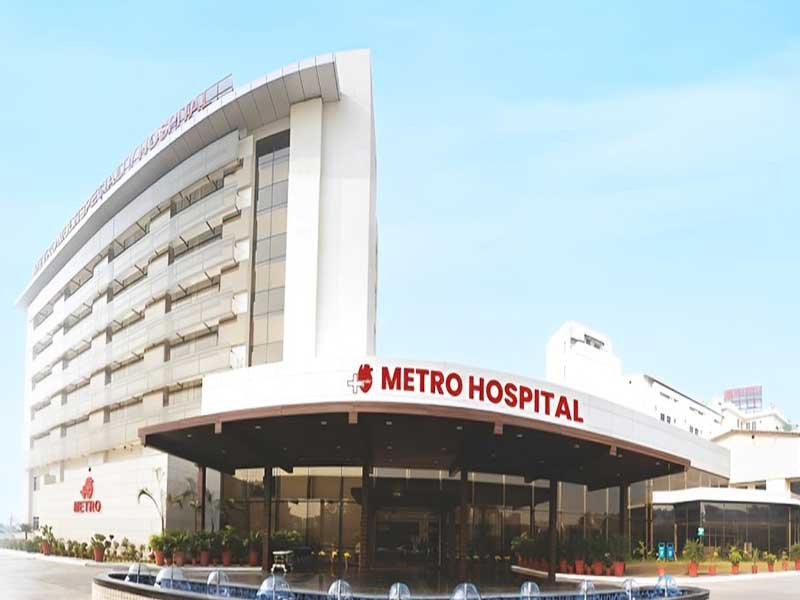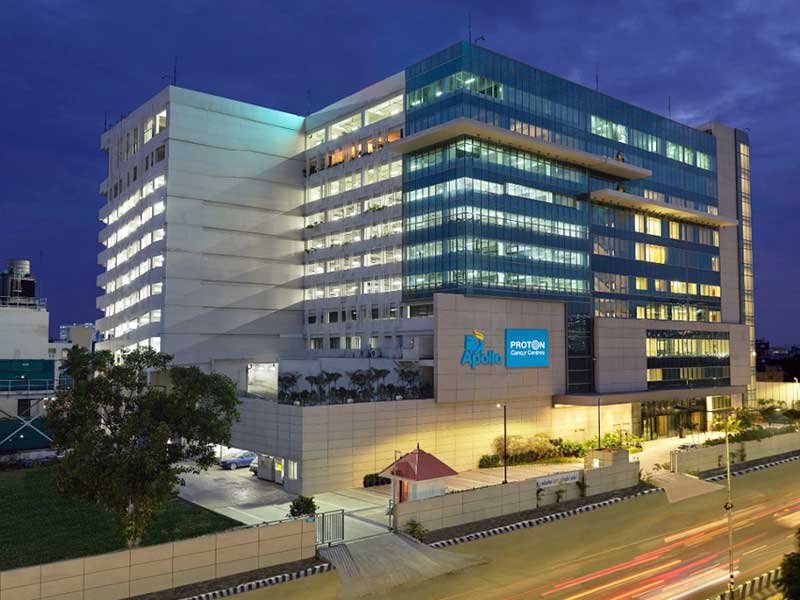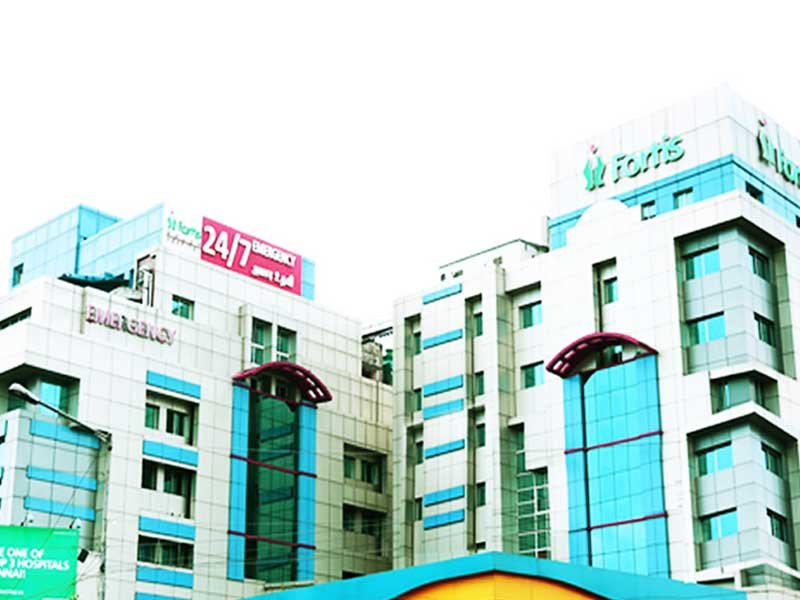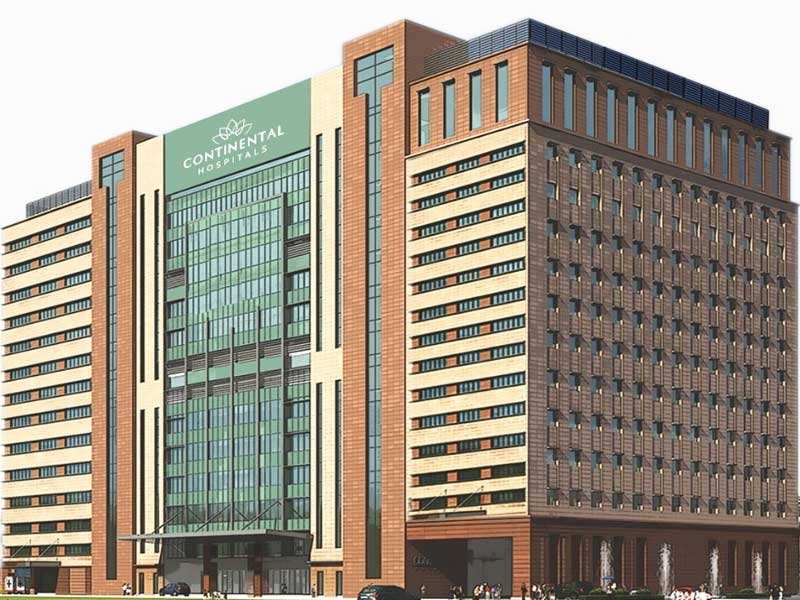What is GASTROENTEROLOGY?
Gastroenterology is a medical branch that studies, diagnoses, prevents, and treats disorders related to the digestive system. Organs from the mouth to the anus, following the alimentary canal are part of the digestive system and are treatable in Gastroenterology.
Medical practitioners of Gastroenterology are called Gastroenterologists.
Branches of Gastroenterology:
There are two medical branches of Gastroenterology:
Gastroenterology
Read More
What is GASTROENTEROLOGY?
Gastroenterology is a medical branch that studies, diagnoses, prevents, and treats disorders related to the digestive system. Organs from the mouth to the anus, following the alimentary canal are part of the digestive system and are treatable in Gastroenterology.
Medical practitioners of Gastroenterology are called Gastroenterologists.
Branches of Gastroenterology:
There are two medical branches of Gastroenterology:
Gastroenterology Medicine:
This is the medicinal branch of Gastroenterology, which aims at providing relief from Gastroenterological diseases through medication. Gastroenterological diseases like constipation, Diarrhea, Food poisoning, etc can easily be treated by medicines.
Surgical Gastroenterology:
Surgical Gastroenterology provides surgical treatments for Gastroenterological diseases. Surgeries of the stomach, liver, pancreas, gallbladder, intestines, etc are all covered under Surgical Gastroenterology.
GI surgeries are performed when diseases in these organs are not treatable by medicine, or when quick and long-term relief is required.
Common Causes of Gastroenterological Disorders:
The most common factors causing Gastroenterological disorders are:
- Low Fiber Diet: Gastroenterological diseases are mostly found in individuals with a low-fiber diet.
- Age: With age, the digestive system and its organs tend to get more vulnerable to developing some Gastroenterological disorders.
- Stress: Individuals who lead a stressful lifestyle are very likely to face Gastroenterological issues. Common diseases like constipation and indigestion can be caused by stress.
Common Gastroenterological Diseases:
- Constipation: Constipation is one of the most common gastroenterological diseases. It consists of less than-normal and irregular bowel movements.
- Lactose Intolerance: The condition where an individual’s digestive system is unable to digest the lactose (sugar) present in dairy products.
- Celiac Disease: Generally known as gluten intolerance, Celiac Disease is an immune reaction of the digestive system when it cannot digest wheat, proteins, barley, etc.
- Diarrhea: Diarrhoea is a medical condition where one’s bowel movements are very frequent. It can lead to dehydration and other digestive issues.
Some of the most common Gastroenterological surgeries are:
- Gastroenterological Cancer Surgery: When cancer affects the organ(s) of the digestive system, it may require surgery to be treated. GI Cancer Surgery is performed on the affected organ(s) to remove the cancer cells.
- Colon and Rectal Surgery: This surgery is performed to treat infected organs like the intestines, rectum, and anus.
- Hernia Surgery: Hernia is a common disease wherein an internal organ starts forcing itself out of its wall or tissue. The most common way to treat a hernia is through surgery.
How to prepare?
Your stomach and upper GI tract must be empty for a successful exam. The night before your exam, it's crucial that you don't consume any alcohol, smoke, or eat anything after midnight, even gum or mints. We want any waiting you do to be as enjoyable as possible.
The doctor could also advise you to cease taking some of your medications or supplements before surgery. Obey any preparation-related instructions that are given to you.
Plan for the Day of Surgery and the Days Following
Make arrangements for who will drive you there and back afterward
For a proper exam, your stomach and upper GI tract must be empty. You must avoid drinking alcohol, smoking, and eating anything after midnight the night before your exam, not even gum or mints. We want you to enjoy waiting as much as you can.
Before surgery, the doctor could also suggest that you stop using some of your prescription medications or dietary supplements. Follow any directions given to you regarding preparation.
Prepare for the surgery day and the days after.
Make plans for who will drive you there and back after the surgery, no matter how minor.
What to expect?
The length of recovery will vary depending on the procedure and its degree of invasiveness. You can immediately resume your normal activities after some straightforward operations, such as a colonoscopy. You might require some extra recovery time and assistance with pain management following more extensive surgeries. Be careful to question your doctor about what to anticipate throughout your surgery recovery.
Conclusion:
Your health could be impacted by the GI operation if you don't get care right away. From one surgery to the next, the outcomes and recuperation time could be different. Pain and adverse effects following surgery are frequent.
Show Less
















